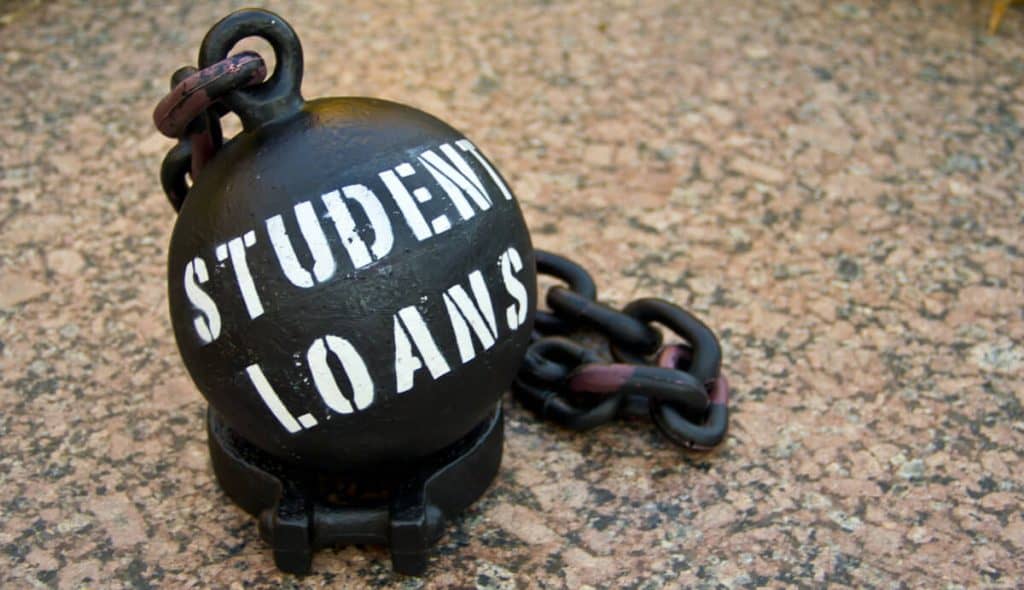
It used to be that a college degree was a virtual guarantee of a good career. The common path was to work hard in college, graduate with good grades, score well on the ACT and SAT, and attend a reputed four-year university. Students that followed this path were, overall, well-prepared to enter the job market and start making a living.
The Unemployment/Underemployment Problem
Nowadays, a college degree isn’t the guarantee that it once was. According to the Economic Policy Institute, the unemployment rate for young college graduates is currently 5.6%. If we’re honest, that number is not exceedingly alarming. The EPI also says that the unemployment rate was 5.5% in 2007, which means that things have not changed significantly on that front. The institute also notes that job prospects for the Class of 2016 were better than they were for the classes that graduated college between 2009 and 2015. In other words, of the classes to graduate after the “Great Recession,” the Class of 2016 is relatively well-positioned.
The more alarming statistic that the EPI reports is that 12.6% of young college graduates are currently underemployed. That number is significantly higher than it was in 2007 (9.6%) and shows one of the inherent risks that students take by going to college. The risk is this: you might be able to find a job after college, but it won’t always 1) be related to your degree, 2) have any long-term career potential, and 3) provide the salary you want or need.

The Debt Question
Even just looking at the statistics above may have you questioning the value of a college degree. Getting a degree involves four years of hard work. Four years where studying and going to classes takes up time that you could feasibly be spent getting work experience. To come out on the other side of those four years with limited job prospects and no opportunities in your field of specialty is the rudest of awakenings. If you aren’t going to be able to find a job related to your degree, is there any point in having one?
The questions surrounding the value of a college education only become murkier when you figure in the variable of student debt. According to Student Loan Hero, the average Class of 2016 graduate was carrying $37,172 in student loan debt. That figure was a six percent increase over the student loan debt statistic from the Class of 2015. The Washington Post mentions that graduates from the Class of 2015 had average student loan payments of $400 per month.
If you graduate from college and get a good job making a salary in the high five-figures (or even low six-figures), then handling a $400 a month student loan bill won’t be much of a strain. You might even be able to use some of that extra cash you’re pulling down to pay off your loans more quickly and with less interest. However, if you end up in the underemployed group—or if jobs in your industry aren’t high-paying by nature—then an extra $400 a month can be ruinous. Along with that student loan bill, you will also likely have rent payments, car or transportation expenses, a phone bill, grocery or food costs, and other personal expenses. Depending on where you live and what the cost of living looks like, you could end up with little to no money left over at the end of the month.

Avoiding the “Broke College Graduate” Stereotype
It’s out of this financial death spiral that the stereotype of the modern millennial college graduate is born. The stereotype depicts a young professional who went to a four-year institution and has little to show for it other than a ton of student loan debt and a job waiting tables at a local restaurant. In some cases, the graduate in this stereotyped scenario will be living with his or her parents, simply because rent is too expensive. In other versions of the story, the graduate has an apartment with friends, but doesn’t enjoy the best living conditions and still has little to no money saved in the bank.
The “broke college graduate” stereotype is just that: a stereotype. It’s oversimplified and offers no consideration of nuance or variable circumstances. However, this stereotype comes from a very real worry that students must consider before enrolling in college. In the past five or ten years, the costs of college have skyrocketed even as the value of a college degree has dropped. The recession weakened the job market. Salaries for many jobs are not keeping pace with the cost of living expenses—particularly in urban centers where the job prospects tend to be most attractive. There is an oversaturation of young college graduates, all of whom are trying to break into the job market at the same time. With all of these factors considered, it makes sense that a college degree no longer offers the employment guarantee that it used to.
So, what can you do to avoid the “broke college graduate” stereotype? Start by looking at your college plans critically. What are you thinking of majoring in and what are the career prospects for that field? If your dreams lie in a field that is booming right now, then a college degree might be worth the cost. On the other hand, if job availability and median salaries for your chosen career path are lackluster, then you might want to re-evaluate things. There is value in chasing your dreams, but does that benefit outweigh the effects of $40,000 in college debt and decades spent earmarking $400 a month for student loan payments?
At the very least, all students should consider alternative options before committing to four years of college and four years of student loans. College may be the default path for recent high school graduates, but it might also not retain that status for long. With no end in sight for tuition increases, modern students and their families will soon start looking more seriously at other options. Whether it’s a trade school, community college, on-the-job experience, or self-taught online education, there are ways to attain marketable skills that don’t involve massive student debt or four years of time investment.
Sources:
- https://studentloanhero.com/student-loan-debt-statistics/
- http://www.forbes.com/sites/troyonink/2015/01/31/college-could-cost-as-much-as-334000-total-in-four-years/#52b8e9f5679f
- https://www.washingtonpost.com/news/grade-point/wp/2015/09/30/is-college-worth-the-cost-many-recent-graduates-dont-think-so/?utm_term=.59c906ef2d8c
- http://www.huffingtonpost.com/piyush-mangukiya/infographicis-college-wor_b_8692234.html
Use College Comparison Tool to Compare Your College Choices Now!
Leave a Reply